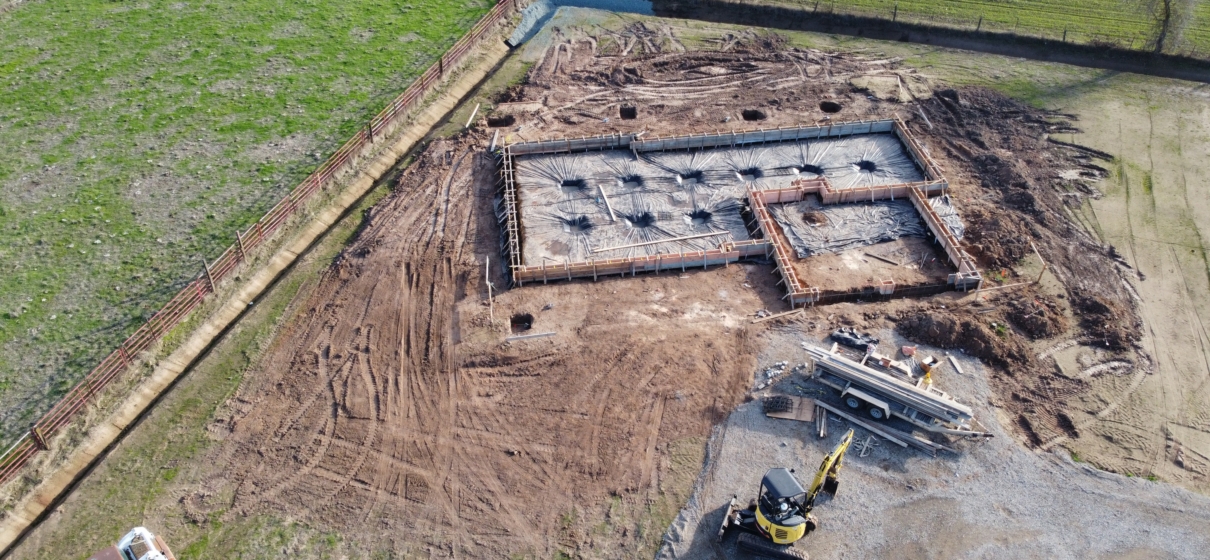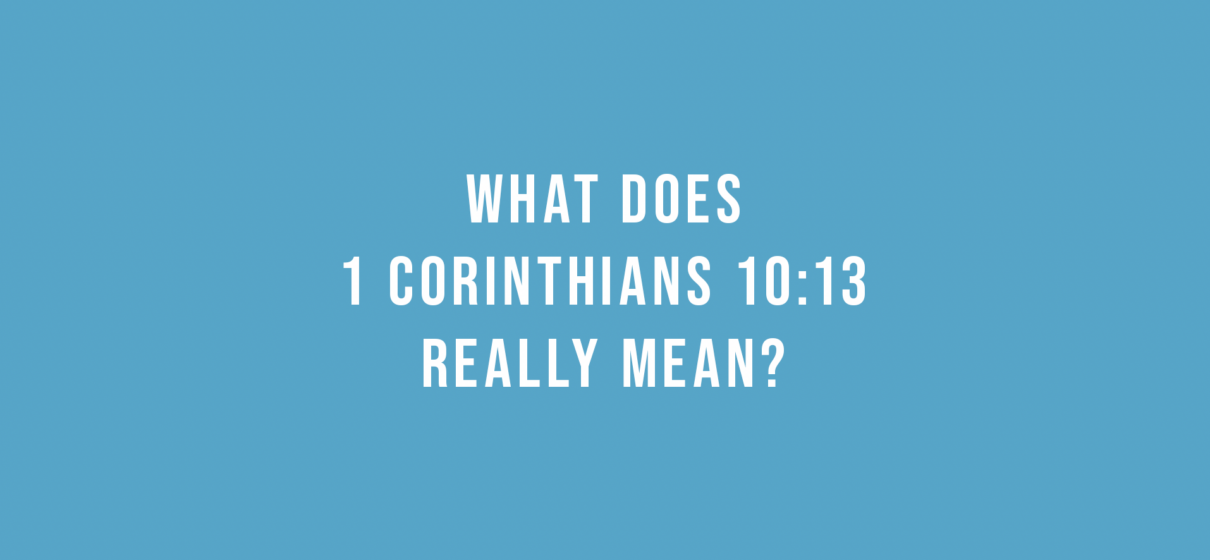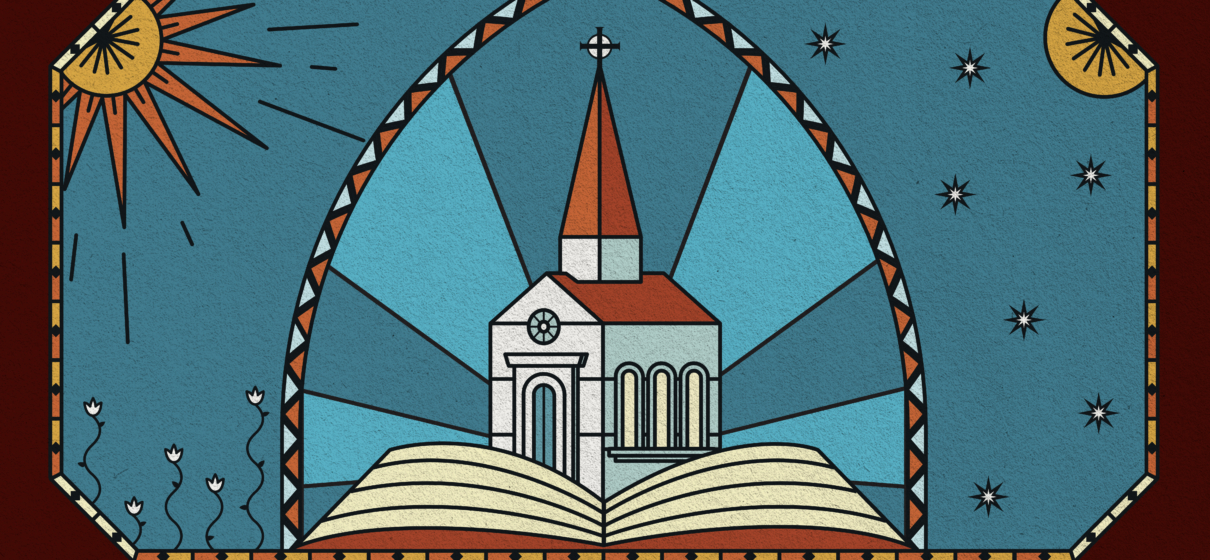Waiting with Hope
Waiting is hard, isn’t it?
I know it is for my kids when Christmas is coming!
The lists are made, they are so hopeful, so excited, and not so patient.
We’re rounding the corner towards the end of December, so it’s safe to say our Christmas trees are up, Christmas gifts have started to show up under those trees, and kids (and let’s be honest, some adults) are nearly exploding with anticipation, wondering what is in those packages. Kids poke them, lift them up to see how heavy they are, shake them a bit to see if they can get an idea of the type of object trapped inside, and some will see if they can get away with opening gifts in advance to ensure they are getting what they asked for.
Waiting is hard, isn’t it?
Prior to Jesus’ birth, Israel had hopes and expectations about promises made by God to them over their long history. Promises like land, a new king, and God living in their midst once again.
But in many ways, Israel never saw these promises completely fulfilled. Israel and Judah lost their land through being exiled by Assyria and Babylon. And although they were able to return to the land, they continued to be ruled by others. We even read in Ezekiel about God’s presence leaving the temple prior to its destruction by Babylon.
Before the birth of Jesus, Israel had not seen these promises come true, but still continued to wait and hope. Under the oppression of Rome, and after so long without hearing from God the waiting may have been so difficult it felt like a pipe dream.
But then, Jesus arrived: announced by angels at his birth, visited by Magi, proclaimed by John the Baptist preparing the people for his ministry. It was finally time!
In Jesus, we see the fulfillment of what Israel had been waiting for. Jesus was the new and better Moses, leading his people out of captivity to sin instead of captivity to Egypt, and into something far better than the Promised Land — the Kingdom of God.
Jesus, through his crucifixion on Earth, became the King of Kings and Lord of Lords. And through his resurrection he made way for God to dwell among us again through the Holy Spirit.
And yet, we are still waiting. Even now, after the birth of Christ, his life, death, resurrection, ascension, and the Spirit’s coming, sin still seems to reign. Death still steals those we love from us. And far too often, it looks as if the wicked will go unpunished. Like the promises given to Israel, we try to live with faithful hope. But we also have not seen the consummation of God’s plans for this world.
And waiting is hard.
So, in Advent we practice hope.
We hope for Jesus’ second coming, and with him true justice, for him to wipe away our tears, and for sin and death to be no more. We hope for God to be in this world fully and apparently. We hope for the new heavens and new earth that were promised.
We wait, but we wait in hope.
We wait, but we wait reflecting the love God has shown us, confident that the day is coming when we will see him again.









